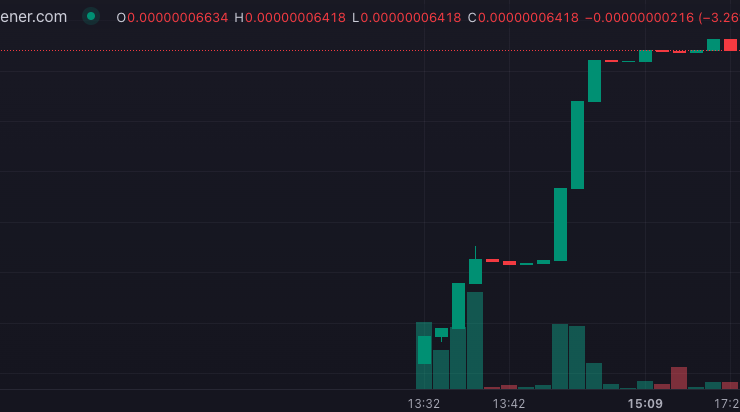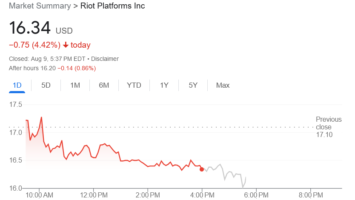Less than 16 hours have passed since the launch of PayPal’s new stablecoin (PYUSD), and opportunists, degens and potential scammers are already attempting to cash in on the hype with their own copycat tokens.
According to data from decentralized exchange scanner DexScreener, nearly 30 new token pairs sporting the ticker “PYUSD” have cropped up in the 16 hours since the announcement.
Today, we’re unveiling a new stablecoin, PayPal USD (PYUSD). It’s designed for payments and is backed by highly liquid and secure assets. Starting today and rolling out in the next few weeks, you’ll be able to buy, sell, hold and transfer PYUSD. Learn more https://t.co/53RRBhmNHx pic.twitter.com/53ur2KmjU7
— PayPal (@PayPal) August 7, 2023
The look-alike tokens have been minted on a variety of different chains including Binance Smart Chain, Ethereum and Coinbases’ newest layer 2 Base.
It’s important to note that the real PayPal USD token was created in November last year, and can be verified at the following contract address.
PayPal explicitly stated that PayPal USD could only be sent between verified PayPal and other compatible wallets, making it extremely unlikely that any of the tokens listed with the same ticker on UniSwap or any other decentralized exchange are the real thing.
The largest imposter PYUSD token, minted on Ethereum, has seen a staggering $2.6 million in trading volume since its inception just minutes after PayPal announced the launch of their stablecoin.

Despite surging more than 30,000% in the first eight hours, the token has since plummeted more than 66% from its all time high.
One particular token made a slightly humorous take on PayPal’s stablecoin, opting for the name “PepeYieldUnibotSatoshiDoge.” The imposter token has gained more than 3,000% in the last 4 hours.

It’s worth noting that many of the fake PYUSD tokens listed are likely what’s known as “honeypots” — meaning that once an investor purchases the token, they are unable to sell, and have effectively given away their crypto.
Related: Paypal USD: Boon for Ethereum but not decentralization, says community
Unless investors are capable of auditing smart contracts themselves, they often will not find out the token is a honeypot until they try to sell their holdings.
Degens have been known to race to mint new memecoins to capitalize on trending stories and developments.
On Aug. 3 anonymous developers created an “LK-99” token, in a bid to cash in on the superconductor craze.
A week before on July 27, degens crafted up a roster of more than 50 UFO-themed memecoins as the United States’ Congress held a hearing where a whistleblower accused the U.S. government of covering up alien visitation to Earth.
Deposit risk: What do crypto exchanges really do with your money?






















Comments (No)